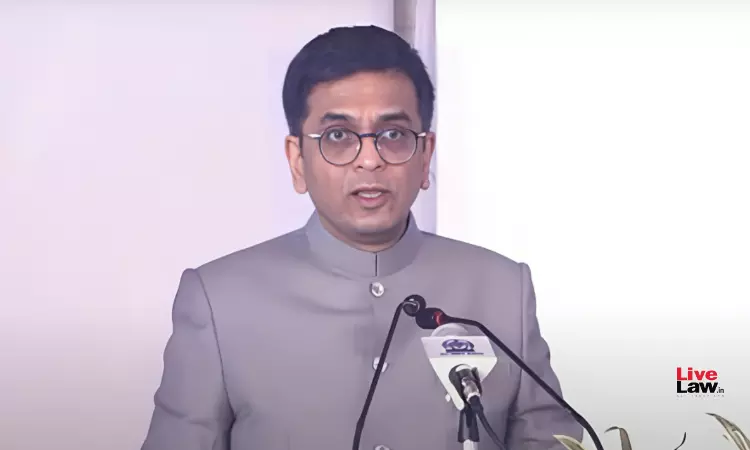District Judiciary Fearful About Granting Bail To Undertrials Due To Subordination Culture Existing B/W HCs & District Judges: CJI DY Chandrachud
LIVELAW NEWS NETWORK
17 Feb 2024 4:05 PM IST

"We have not created a footing of equality between the High Courts and the District Judges," CJI DY Chandrachud said.
Next Story


